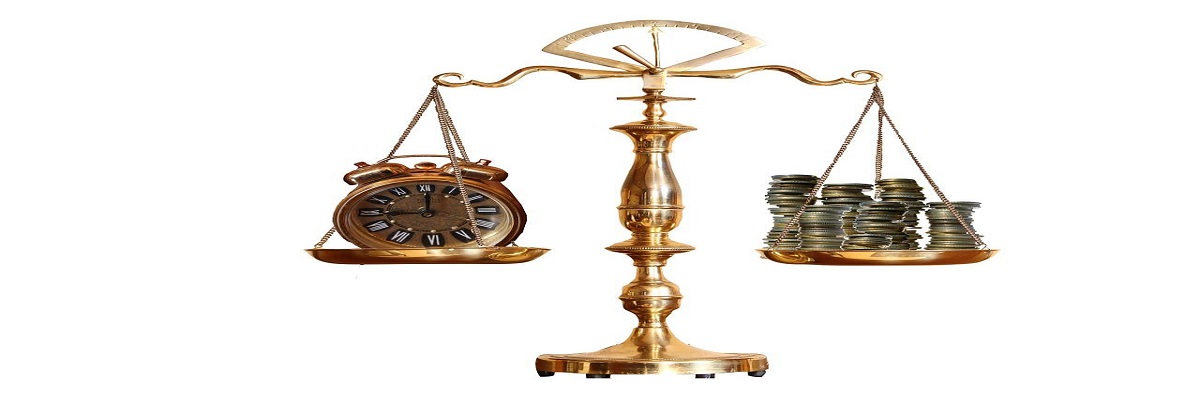Call: 888-297-6203
Bankruptcy exemptions are properties that are protected by the court from liquidation to repay the creditors.
It is there in both bankruptcy codes and state laws. If you don’t claim your exemption, the property will not be protected in your bankruptcy case.
Why do bankruptcy exemptions exist?
They exist so that the bankruptcy filers get a fresh start but don’t have to start from scratch. They are in place so that you can keep some of the property.
Who can claim bankruptcy exemptions?
Only individuals and married couples can claim exemptions as it is there to protect them but businesses cannot claim them as they are closed. Businesses have to sell their property to pay unsecured creditors or give back their properties.
How can you claim property exemptions?
Bankruptcy exemptions are listed or claimed on Schedule C. Schedule C is a form that you fill and submit while filing for a petition in the bankruptcy court. It lists all of the property that you are claiming as exempt with a copy of the state or federal exemption list.
Types of properties protected by the exemptions list-
- Primary vehicles
- Personal property like furniture.
- Primary residence
- Health aid.
- Tools of trade
- Life insurance
- Social security benefits
- Retirement accounts
- Unemployment benefits
- Personal injury and crime victim awards.
There are state and federal exemption lists, in some places the state list is used, and in others federal lists. It is set to make sure your basic properties are secured. Some lists even include a wildcard exemption. It is used to protect property other than the list.
It is best if you consider a good attorney.
If you want one, reach the Recovery law group – (888-297-6203) or visit https://recoverylawgroup.com/bankruptcy/.
Who can use the federal bankruptcy exemptions?
31 states have opted out of allowing their residents to use the federal list, so if you live in one of them then you don’t have a choice but if you don’t and have lived in a not opted-our state for at least 2 years before filing they get a choice between the federal and state list.
How are federal exemptions different from state exemptions?
Federal exemptions are almost the same as the state exemptions just they are listed in the bankruptcy code and some of the exemptions might be different from your state exemptions.
Federal non-bankruptcy exemptions.
Not all federal exemptions are limited to bankruptcy filing, there are some listed in different parts of the federal law like the social security act.
Exemption limits.
There are no limits on some of the assets like public benefits no matter how much they are worth but there are certain value limits on assets like furniture, clothes, etc.
Why are personal property exemptions limited?
They are limited because the personal property might not be useful in life but keeping it and asking for debt discharge is just wrong, like a 50,000 dollars wedding ring.
The homestead exemption.
It protects the property in your home. Equity is the difference between the value of the property and the amount owed in a mortgage.
If your value is less than the mortgage, you don’t get any equity.
Non-exempt assets.
The assets that are not included in the exemption list are known as non-exempt assets. In chapter 7 bankruptcy, your non-exempt assets are liquidated and the funds are distributed to your creditors.
Usually, in most chapter 7 cases, the debtor can keep their assets, but in some cases here some are liquidated.

